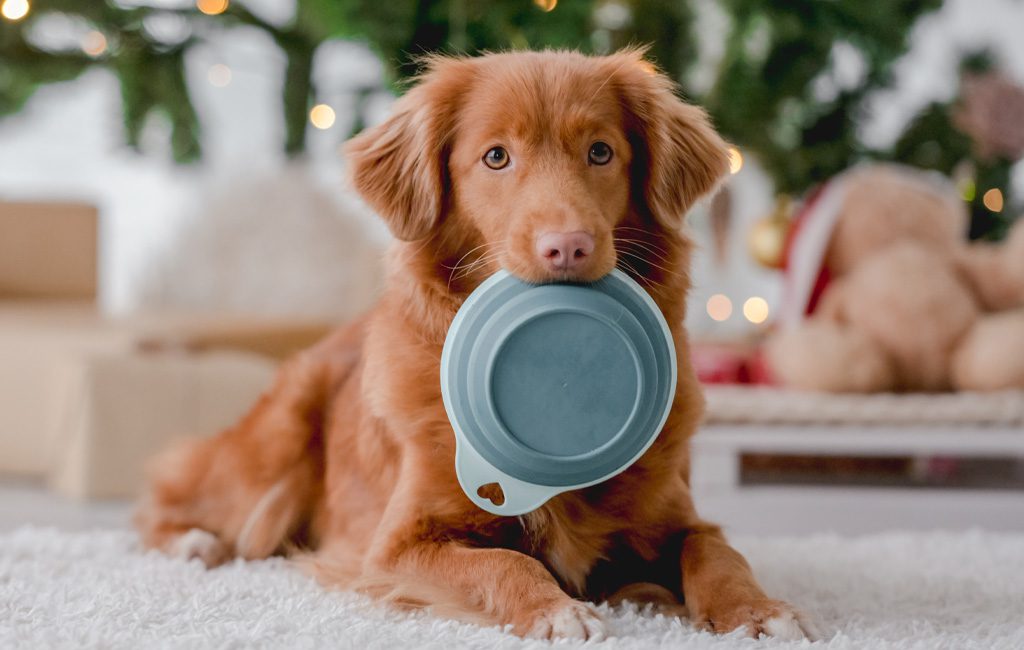10 Garden Plants Safe for Pets in Raleigh, NC
For those who have the privilege of a garden plot, unfortunately it is common for our canine friends to attempt its destruction. Because dogs are known to disturb our vegetables and dig up the flowerbeds, and cats love to munch on seemingly anything spindly and green, it is important to keep track of what plants your pets can and can’t ingest. Many plants are poisonous to both dogs and cats, even babies.
Any pet will likely have access to or find access to a garden space. This means all plants in the garden must be safe for our pets. The following list is not the end-all-be-all by any means, this is simply a starting point in cultivating a safe garden for both yourself and your pets.
1. Dill
Dill is a wonderful addition to any garden. It’s delicate and frilly greenery with a yellow crown fills out any space you give it and goes wonderfully on roasted potatoes or ahi tuna. You could even make some homemade pickles. Dill is a common garden herb and known to be non-toxic for both humans and pets.
2. Marigolds
Not only are marigolds an essential part of a garden, but they are deer resistant and bug attractant. That means your vegetables will be safer from insects when marigold is near, as the bright orange and yellow and red flowers will distract the bugs. They will go to town on the marigolds instead of the cabbage. Not only do they let harmful bugs munch on them, they attract bees to your garden for pollination. And of course, marigolds are safe for pets.
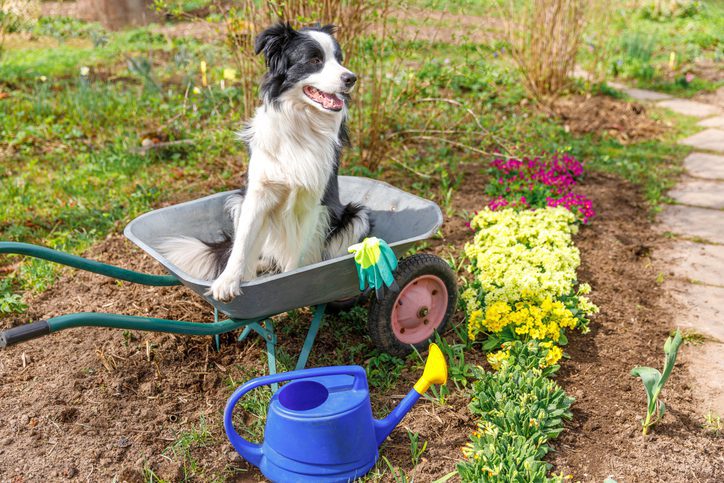
3. Nasturtium
Nasturtiums are similar to marigolds in their ability to help defend the garden. Not only are they safe for pets to be around, but they keep the garden safe by being impossible to resist for bugs. They are as well bright yellow and orange and red, a perfect trap. Besides that, they make a great addition to salads. The delicate flowers are not only safe, but very edible. The petals have a unique spiciness to them, and the nectar spur has a burst of sweetness.
4. Basil
Like dill, basil is a common garden herb. It is safe for pets to be around and delicious in homemade bruschetta or pesto sauce. There are many varieties of basil, such as purple, Thai, Greek, Italian, lemon, holy, cinnamon, and sweet. Just to name a few. Take your pick, as any will be a good choice for your garden and your dinner. You might find your dog sampling a bit of the basil for a treat. And then you will thank your dog for their rare fresh breath.
5. Sunflowers
A classic for any garden, sunflowers are an understandable favorite. With even more varieties than the basil, you can’t go wrong with an abundance of sunflowers. They make a great border and accent. They are pet-safe and sometimes harvestable for the seeds, if the birds don’t get to them first. But if they do, at least the birds got a good meal.
6. Rosemary
Another traditional garden herb, Rosemary is known to be safe for pets. A large and bushy variety will fill a large space, so plan accordingly for square footage, learn how to prune the plant, or keep it in a fixed-size pot. Rosemary is hardy and remains green in all seasons, flowering in late summer. For this plant, you will hope your dog brushes past as any touch releases a cloud of culinary goodness.
Rosemary repels bugs such as mosquitos and helps to reduce stress and pain, as well as promote brain function and memory. It could be quite beneficial for your pets to have rosemary around.
7. Raspberries
A lot of people forget that raspberries can work great in even small gardens. Depending on the variety, they could be kept in a large pot or a small bed. If you have room, a couple rows of raspberry stalks will provide more than enough berry supply for your family. Even enough for your dog. Yes, dogs love raspberries. They should be given in moderation, but they are safe for consumption.
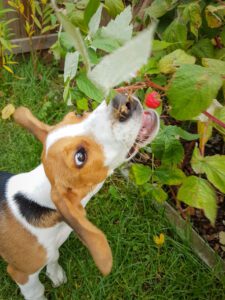
8. Sweet Potato Vine
A gorgeous green accent, sweet potato vine can be seen hanging over baskets or cascading down rock faces. This is a favorite for many. Though it is the same species as the edible sweet potato, the ornamental sweet potatoes are developed for their foliage.
Potato vines come in different colors and sizes, so you might end up with a cascade of black-purple or red if you choose sweet potato vine as a part of your garden. It is non-toxic for pets and grows like mad with little attention needed.
9. Catnip
Also referred to as catmint, catnip is non-toxic yet intoxicating for felines. As the name implies and as most people have seen, cats go crazy over this stuff. Here as well, there are many varieties and some are stronger to cats than others. The most common is nepeta cataria, as this has the highest ratio of the natural chemical cats drool over. If you have a cat, this would be the variety to choose. If not, any type of catmint will do for a beautiful section of green with spikes of purple and blue flowers. From a distance, one might mistake it for lavender. Which is also safe for pets.
10. Creeping Thyme
Not only is creeping thyme a wonderful ground cover, it provides beautiful color and little attention. Really, you just need to plant it and let it grow. With water and sunlight of course. It is a hardy plant that is resistant to drought, extreme temperatures, and dog abuse. It is non-toxic to pets and great with roasted veggies or meat.
Call us today at (919) 488-5300 to schedule an appointment with us!
Recent Posts
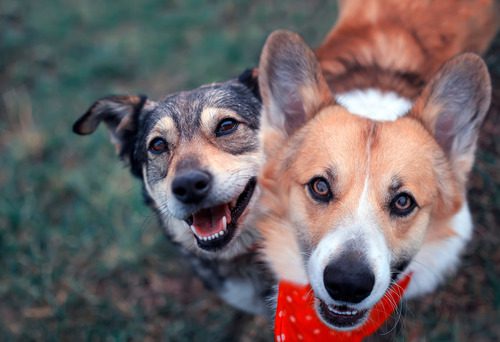
Top 5 Dog Parks in Raleigh, NC
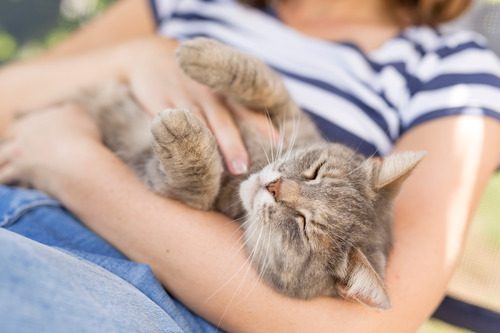
Why Doesn’t My Cat Purr?

Can My Dog Catch COVID?
About Us
At Companion Animal Hospital of Wakefield, our veterinarians in Raleigh, NC, provide better care for your pets. As members of your family, cats and dogs deserve the highest level of medicine with the most compassion. That’s why we put a strong emphasis on personalized care for your pet and client education for you. We believe that when we take the time to help you thoroughly understand your pet’s health, we’re able to make the best decisions for their care together.


